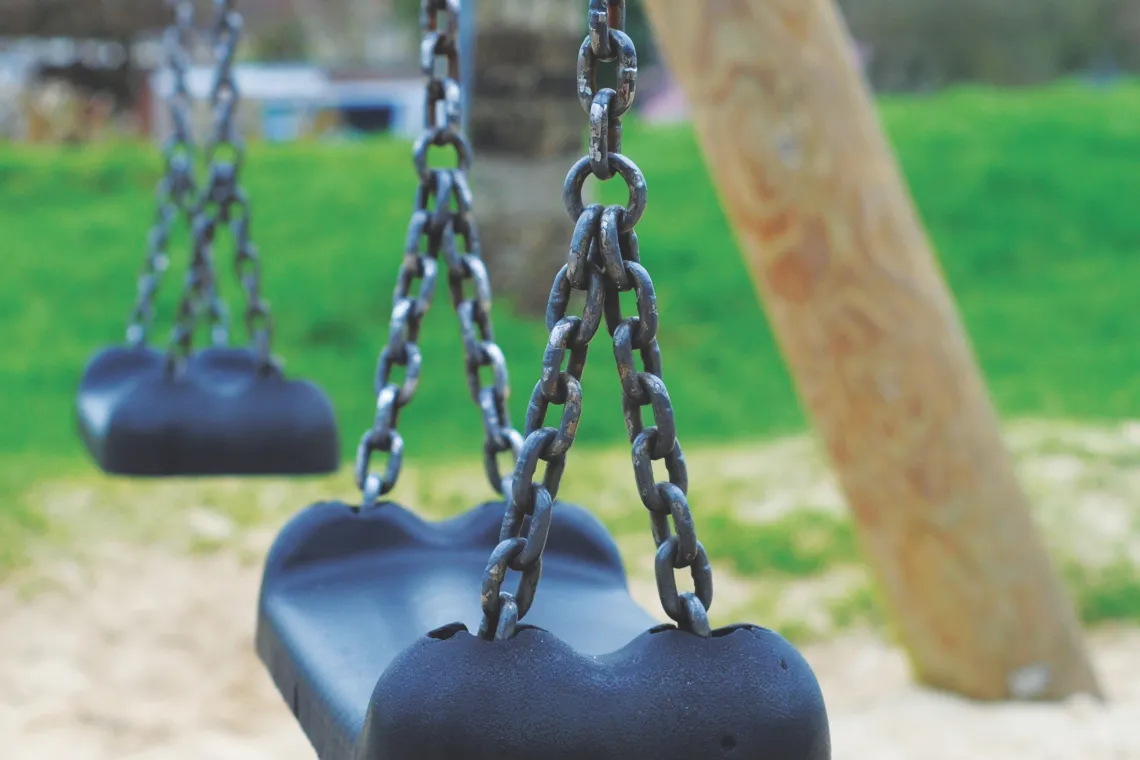Milczarek-Desai Discusses the Flores Agreement on Arizona 360

Photo via Unsplash
Arizona Public Media, Arizona 360
Understanding Challenges to the Flores Agreement
Sept. 17, 2018
University of Arizona Law’s Shefali Milczarek-Desai was a guest on Arizona Public Media’s Arizona 360, where she discussed the Flores agreement, a 1997 settlement which dictates how long immigrant children can be detained.
Milczarek-Desai, director of Arizona Law’s Workers’ Rights Clinic and an expert on immigration law, explained how the Flores agreement was created to ensure that all minors that go into government custody after they cross the border, accompanied or unaccompanied, are released after 20 days. The agreement also requires that minors stay in a licensed and non-secure detention facility.
“A licensed facility has to be licensed by a state child welfare agency, and there is a reason for this, the independent monitoring that was going to ensure the safety and security of these places. Non-secure means that these children would have access to the outside, educational resources to public places even, like parks,” Milczarek-Desai explained.
She explains how this is important as prior to the Flores agreement, children detained were subject to daily strip searches, body cavity searches and were sometimes housed with adult non-family members.
“One of the plaintiffs in the original case actually was a 15-year-old girl who was daily strip searched and was held in a cell with only adult males,” said Milczarek-Desai.
Following the Trump administration’s announcement to no longer separate families at the border, the Department of Homeland Security (DHS) acted to get out of the Flores agreement because the state apparatus to license these facilities doesn’t exist and new places are needed to house families together. New regulations proposed by DHS would also allow for minors to be housed beyond 20 days.
Milczarek-Desai says this is where family case management programs come in to play, in which a family gets to live together, as normal as possible, and has someone available to explain to them what their [court] orders mean. The family program was originally piloted by DHS in 2015 and showed 99 percent compliance from the families.
She explained how family detention facilities are more expensive to fund as opposed to family programs, like the one proposed, that are not only more humane and successful but also more feasible to fund by taxpayers.
